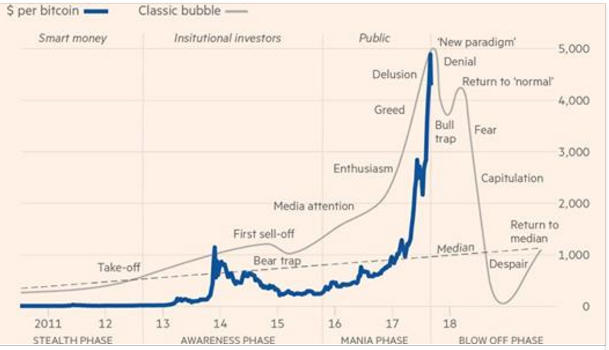White Collar Canary
The government unleashed a surprising January jobs report with a booming 517,000 employment gain and 3.4% unemployment rate, a 54-year low.
Macromaven’s Steph Pomboy tweeted, “I'm still trying to gather my senses after that stunning payroll #. Are they just making this stuff up now?? The Payroll gain comports with NOTHING else we are seeing: layoffs, small biz hiring, ISM surveys, ADP, etc, etc. But here's one answer: Part time emp +627k”
But there’s trouble brewing in the white collar world.
Tech and other corporate layoffs are announced everyday, but closer to your local courthouse, law firms are feeling the pinch. Two years ago, all the talk was about law firms that couldn't find associate lawyers, paralegals, or anyone else. Associate salaries ballooned and hiring was brisk.
Now, Reuters, reporting about layoffs at New York firm Shearman & Sterling, writes, “The layoffs follow similar moves by a handful of other large U.S. law firms amid cooling client demand for legal services, especially for work involving corporate deals.”
Shearman & Sterling cited a need to "align our capacity levels with existing client demands." That’s corporate law speak for, “we can’t afford all these people, get ‘em out of here!”
A Thomson Reuters report published last month, based on financial data from 170 large and mid-sized U.S. law firms, projected tough times in 2023 for law firms. For instance, the Report cited “one key metric — profits-per-equity partner (PPEP) — is down for the first time since 2009, which occurred during the last global financial crisis.” (emphasis added)
Also, lawyer productivity hit a more than 20-year low, with attorneys at large and mid-sized firms billing an average 119 hours per month, down from 122 in 2021. Following the 2021 hiring boom, firms remain saddled with high attorney headcounts, driving a more than 10% year-over-year increase in direct expenses, according to the report.
On the demand side, growing political and economic uncertainty significantly reduced clients’ appetite for transactional work, in contrast to 2021 when transaction work was “the white-hot driver of demand” throughout that year into the early part of 2022. “On a year-to-date basis through November 2022, overall legal demand contracted by 0.1%, which stood in stark contrast to the 3.7% growth rate recorded for all of 2021.”
The report pinpoints “growing uncertainty over macro-issues, such as economic sluggishness in the United States and throughout the world, the challenge of returning to the office, and the rising costs of talent all set the stage for a very difficult 2023 for the legal industry.”
Matthew Bersani, a law firm consultant at Cliff Group told Above The Law additional layoffs will depend on the state of the economy. “Law firms are reacting to the macro situation,” he said, noting that “there will be more blood on the floor” if a recession happpens.
An attorney friend hints that receivables payback have steadily slowed over the past few years, and firms are raising their billable hour requirements to separate the lawyer wheat from the chaff.
Law firm layoffs may be the white collar canary in the coal mine.






